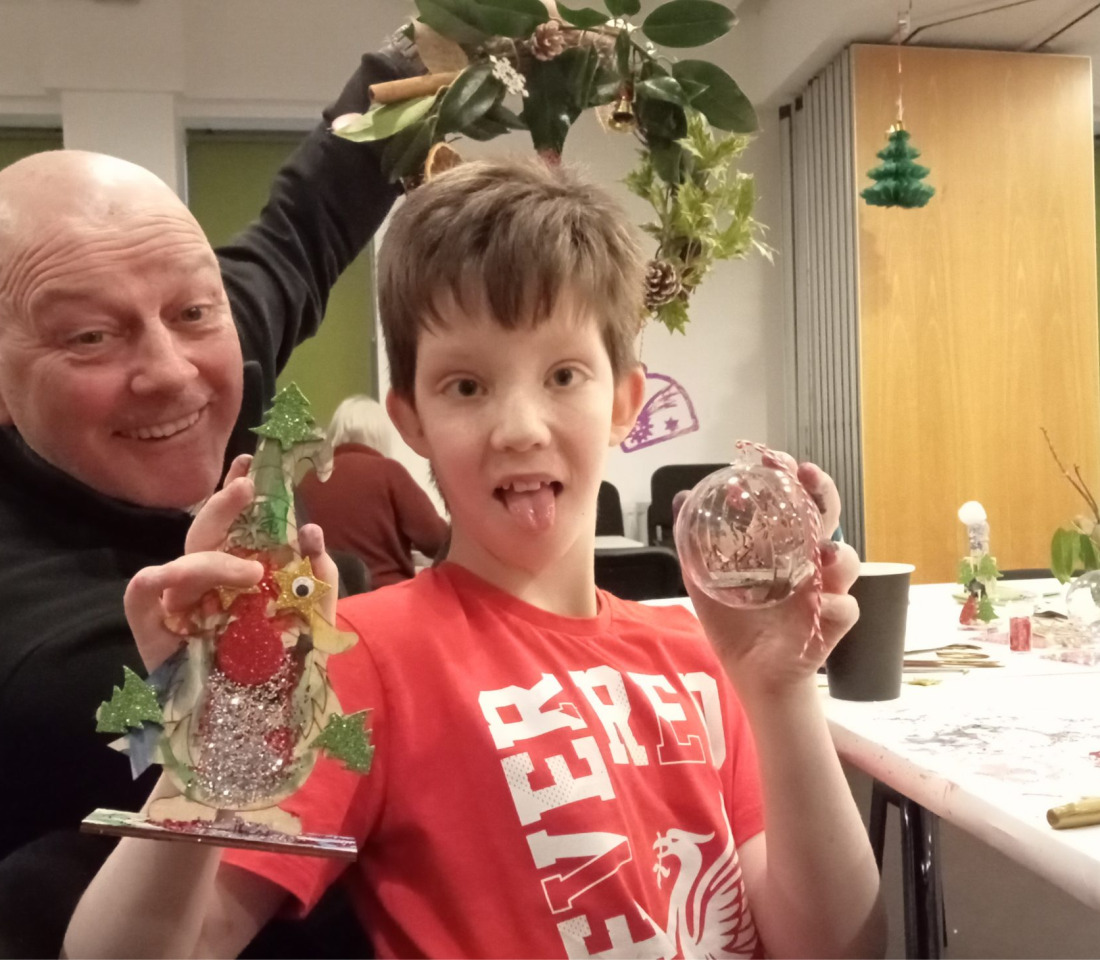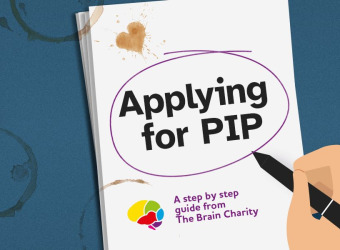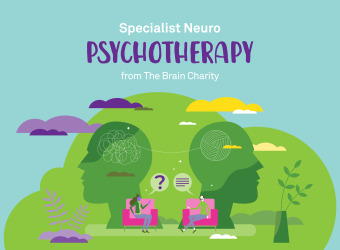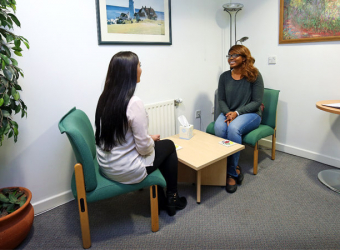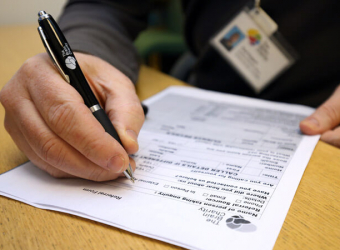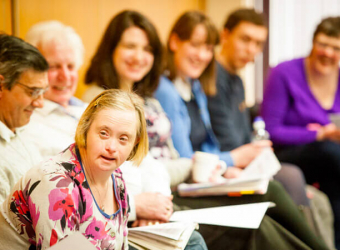What is Aicardi syndrome?
Aicardi syndrome is a rare neurological condition that is present at birth due to abnormal brain development. It is diagnosed through MRI and an eye exam.
What causes Aicardi syndrome?
Aicardi syndrome is only present in females as male babies with Aicardi are lost as a miscarriage. The exact cause is unknown, however it is a genetic condition and it is characterised by underdevelopment of the structure that links the two halves of the brain.
What are the symptoms of Aicardi syndrome?
The symptoms are spasms in infancy and persistent epilepsy, and an abnormal appearance to the retina of the eyes. There are other associated symptoms, including
- Abnormalities in the bone structure of the spine
- Cleft lip and palate
- Disturbed sleep
- Learning disabilities can occur from mild to severe
- Visual impairment
- Brain cysts
- Limited to no independent mobility, and will need constant assistance
- Life expectancy can be limited


